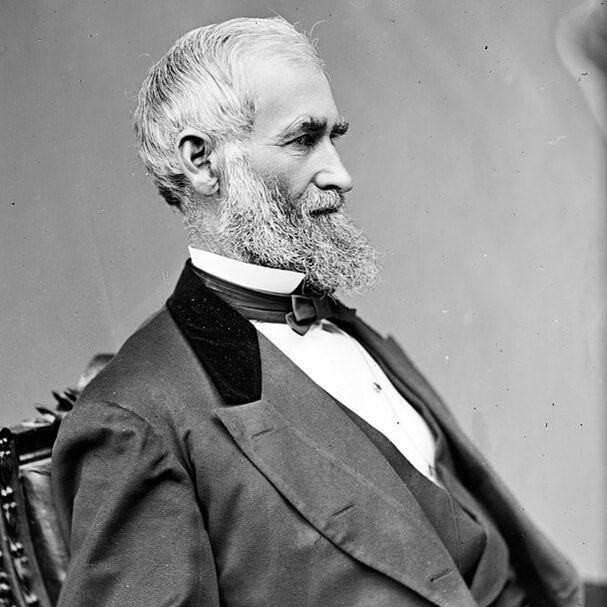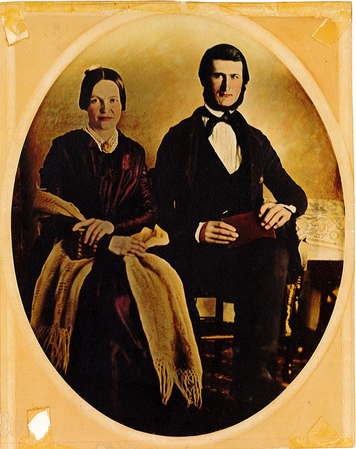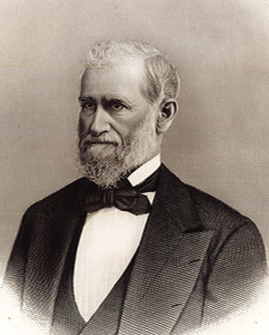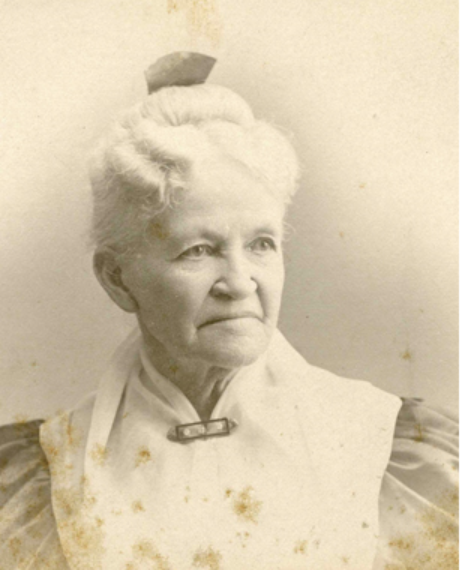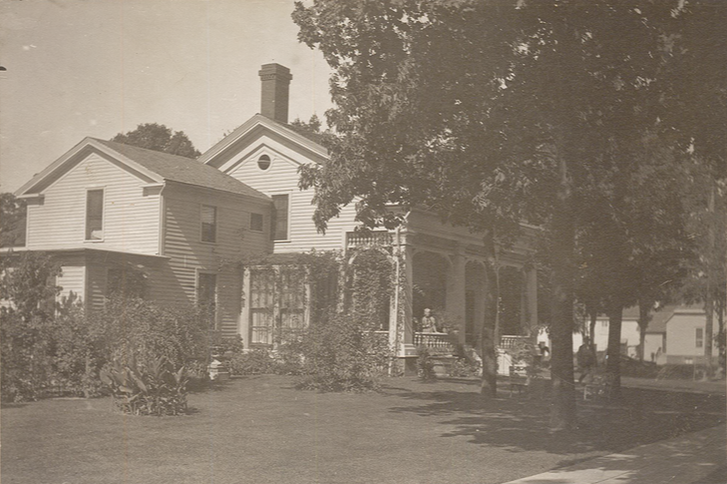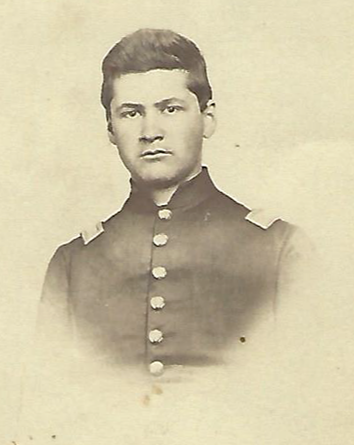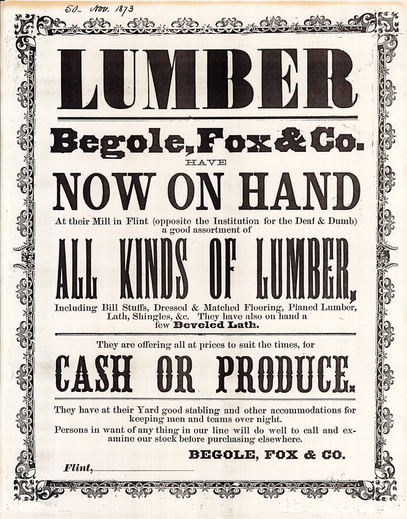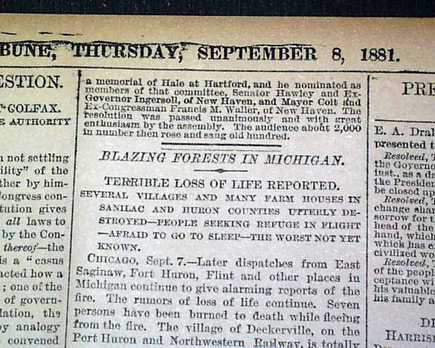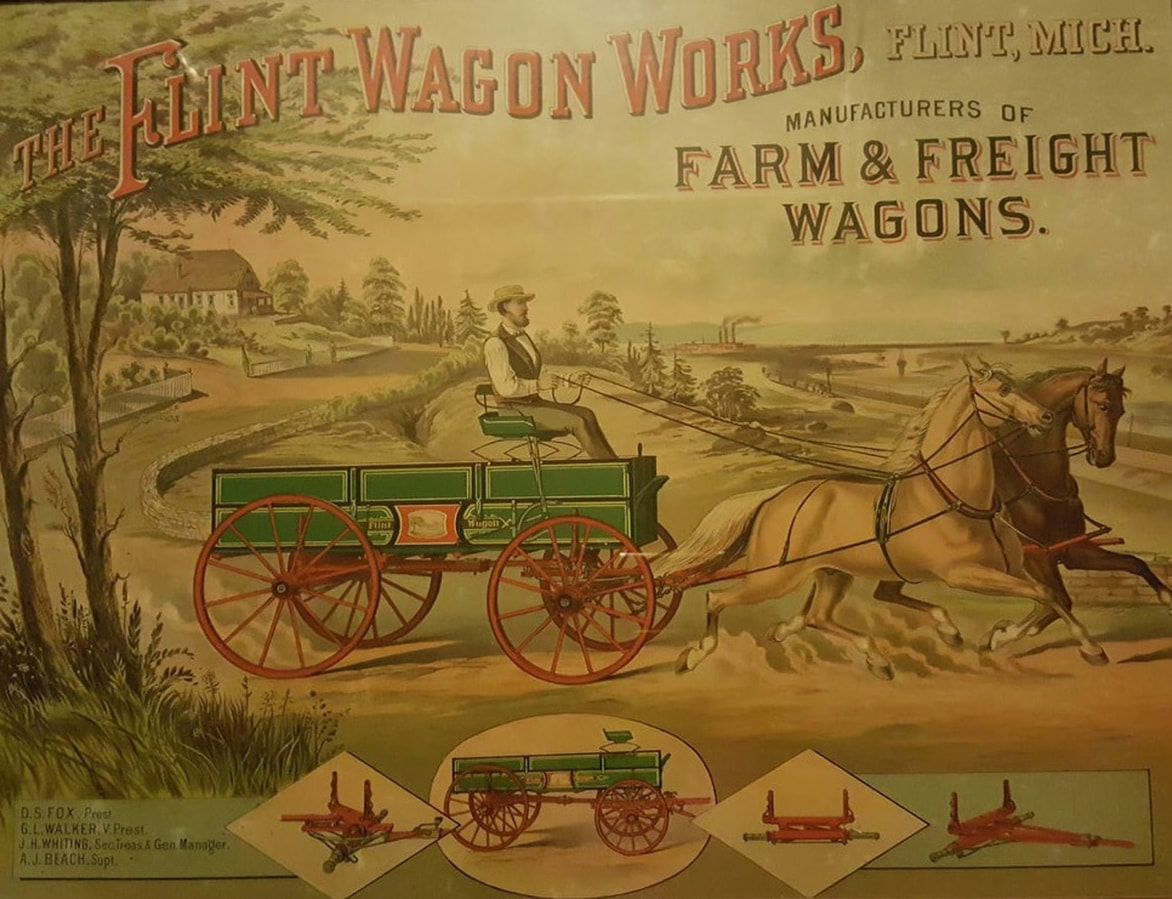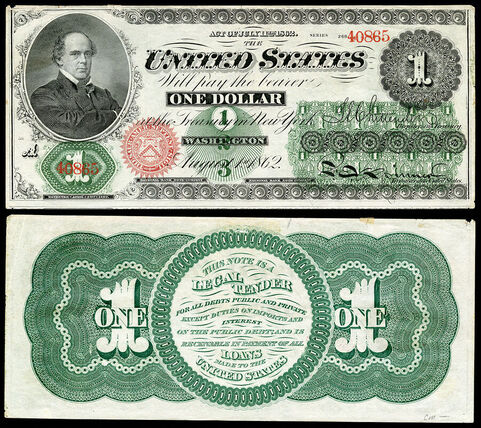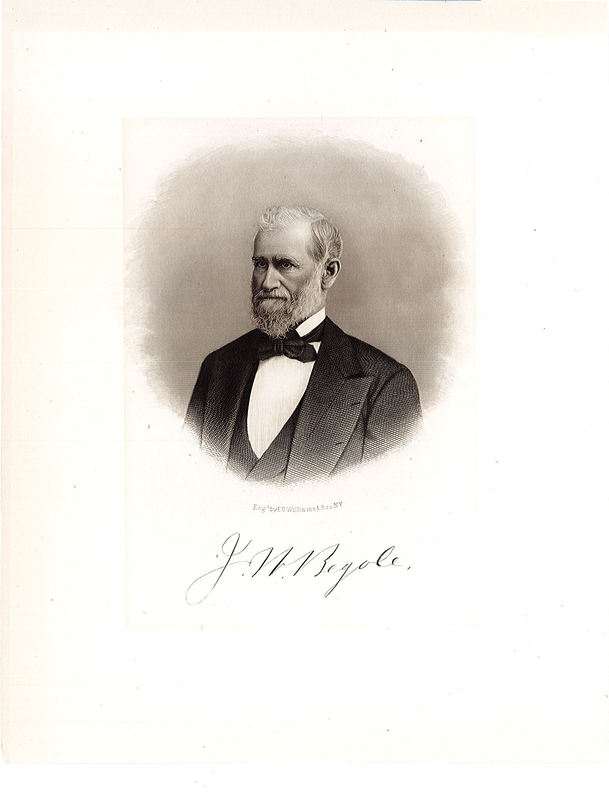Josiah W. Begole
|
Josiah William Begole (January 20, 1885 – June 5, 1896)
Advocate for Equality Pioneer, Farmer, Lumber Baron, Wagon Maker, Politician Josiah Begole was born at a time in the United States when one person could still own another person. People traveled by foot, horse, cart or carriage, or water. Most of what is today’s America was still inhabited by a multitude of indigenous tribal cultures, who knew no surveyed, legal boundaries. But his time was a time of rapid change. By the end of his life, he had participated in the American pioneer migration west, had seen railroad construction connect the East and West coasts, and had witnessed the final relocation of all tribal peoples. He had also painfully lost a son in the Civil War, the vicious conflict that tore the country apart over slavery and produced a death toll of over 620,000. He was a farmer, a lumberman, and wagon maker, that business being the stepping stone to the automobile industry and the industrial revolution. His life directly parallels the history of Flint. |
